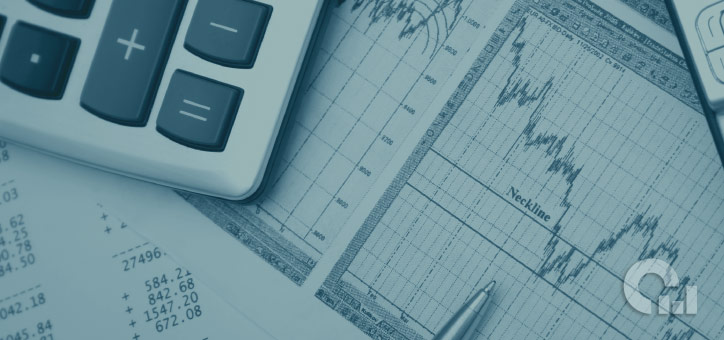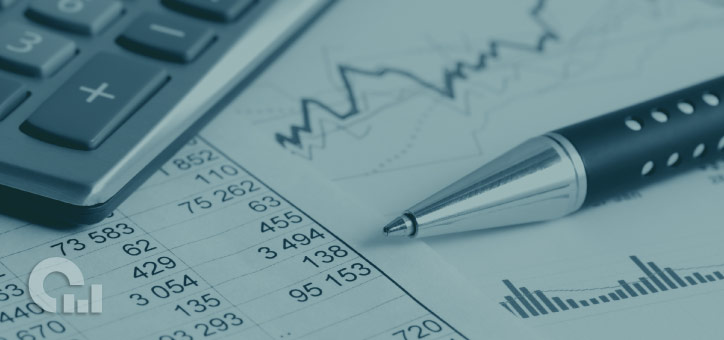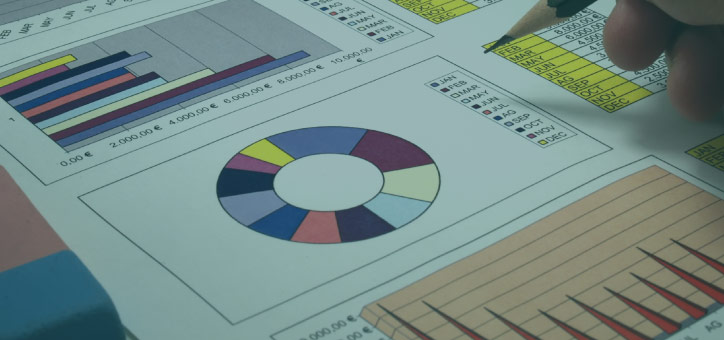If you’re someone who loves business and enjoys digging into people’s psychology and figuring out why people make the financial decisions they make, you’ll enjoy studying business economics.
Economics as a distinct discipline can trace its roots back to the year of the Declaration of Independence, 1776, when Adam Smith published his work on the Wealth of Nations. This is to say that economics, and specifically business economics, is an established field that is useful beyond academics and is applicable to real-life problems.
Keep reading to dig deeper into what business economics really is and the theoretical underpinnings that form its foundation as a specific discipline!
What Is Business Economics Simply Put?
Economics can simply be defined as the study of how humans allocate and utilize limited resources. So it would make sense that business economics is a field of applied economics that studies how businesses allocate and use limited resources to achieve a specific goal. In simple terms, business economics is a lens through which individuals can view problems faced by companies in terms of limited or scarce resources.
Business economics is also sometimes referred to as managerial economics because this field provides managers and key decision-makers with a model for solving complex problems. The goal of business economics is to apply economic theory to real problems, which is why this field is referred to as an applied economic discipline.
What Are the Concepts of Business Economics?

When discussing economics or any of its corresponding branches, one of the most foundational tenets is that there is a limited amount of any kind of resource and that supply and demand of resources significantly impact decision making.
According to The Economic Times, the “Law of supply states that other factors remaining constant, price and quantity supplied of a good are directly related to each other.” And that the “The law of demand states that other factors being constant, price and quantity demand of any good and service are inversely related to each other.”
In other words, as the supply of a product increases, the product’s price will decrease, and as people are willing to pay more for a particular product, the number of products that suppliers produce will increase.
While supply and demand are basic tenets of economics, the field of business economics takes into consideration other factors that directly relate to businesses. This includes business cycles, pricing decisions, policies, business practices, production analysis, and much more.
Is Business Economics a Good Degree?
If you’re still on the fence as to whether or not you should pursue a business economics degree, let’s explain why it’s an excellent decision for your professional and financial future success.
The first question you should be asking is, what kind of degree do you need to become an economist? Most economics have either a master’s degree or a doctorate degree. More than half (61%) of all economists have a doctorate degree, while only 30% have a master’s.
If you’re willing to stick out the time it takes to meet the educational requirements, then your employment prospects look good, as the field is expected to grow by 7% to 10% between 2018 and 2028. That turns out to be over 1,800 new job openings between this time frame!
Ok, so the jobs will likely be there by the time you’re done with school, but how much can you expect to make? After all, that is a lot of schooling and a large financial investment in your education.
Simply said, the time and financial investment will pay off when you start working as an economist, as they can expect to earn a median income of over $105,000 per year! Plus, one survey found that around three-quarters of economists had job satisfaction, so odds are you will also be happy with your work.
What Is the Importance of Business Economics?

Business economics helps businesses and firms maximize their profits in a particular environment with a specific amount of resources. Business economists help minimize the amount of uncertainty that surrounds business decisions and help managers ensure they are making the best decisions to maximize profit.
The same survey that reported over 75% of economists found their jobs satisfying also found that more than half of economists thought they made the world a better place or made others’ lives better. That in itself speaks to the importance of business economics from the people that are working these jobs daily.
So help businesses thrive, make the world a better place, and change people’s lives by pursuing your education in business economics!





